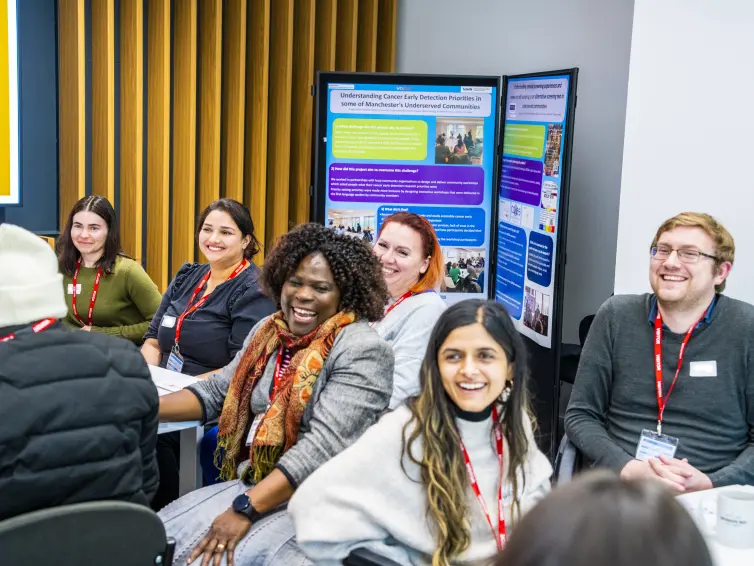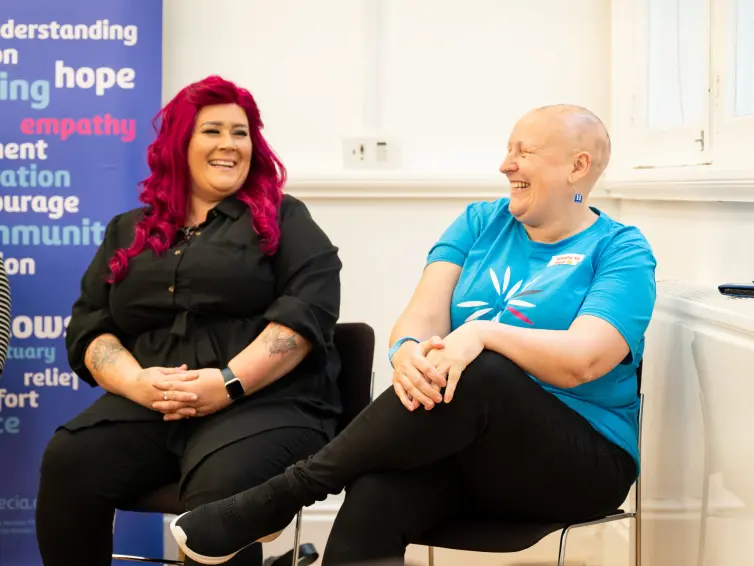Health research that benefits everyone
Find out why we're collecting equalities data at the NIHR Manchester CRF sites and more information and resources.
The impact of health inequalities
Health inequalities are unfair and avoidable differences in health across the population, and between different groups within society. Health inequalities arise because of the conditions in which we are born, grow, live, work and age. In short, they are differences in health that we can and should do something about.
Health inequalities have considerable impacts on the ways we live our lives. For example, in Greater Manchester healthy life expectancy can differ by as much as 16 years between the most and least deprived postcodes. Inequalities also affect who has access to early stage trials, people in the most socio-economically deprived areas of the UK receive half the number of referrals compared to people in the least deprived areas. .
Inequalities in research
It's essential that those who are most affected by inequalities in health and stand to benefit the most are included in research. Despite this fewer people from lower socio-economic and/or Black, Asian and minority ethnic backgrounds have the opportunity to take part in research and feel much less confident of being treated with dignity and respect in research when they do. That’s why we are working hard to engage with more people from areas we identify as being underserved.
What does this mean for NIHR Manchester CRF sites?
Addressing inequalities in health is a key strategic aim of the NIHR Manchester Clinical Research Facility. As part of this work we're committed to collecting equalities information from our patients. The information we collect will help us find the communities we don’t yet reach and help us make sure everyone in Greater Manchester knows about opportunities to get involved in health research.
What does that mean for you?
If you’re a ward clerk, research nurse or health care assistant then this may affect you. The process will differ from site to site so please talk to your line manager to find out more.
Interested in learning more?
We have a number of resources you can download
Inclusive Research Briefing. Watch the full briefing here if you missed it.
Slide Deck. The deck contains slides and notes from the presentation. All the information from the talk is printed in the notes section.
References
NHS England - Definitions for Health Inequalities
Life on the line? Greater Manchester’s Metrolink used to map life expectancy
Macmillan Health Inequalities: Time to Talk
Equality & Diversity in Science, 2019
Hunn, Health Research Authority, 2018
Health inequalities blogs
How can translational research benefit those who might need it the most?
Health inequalities in Greater Manchester – why they exist and what we are doing to address it
How we are using data to address health inequalities in research
Please get in touch with me if you need equalities monitoring forms. Thank you.


